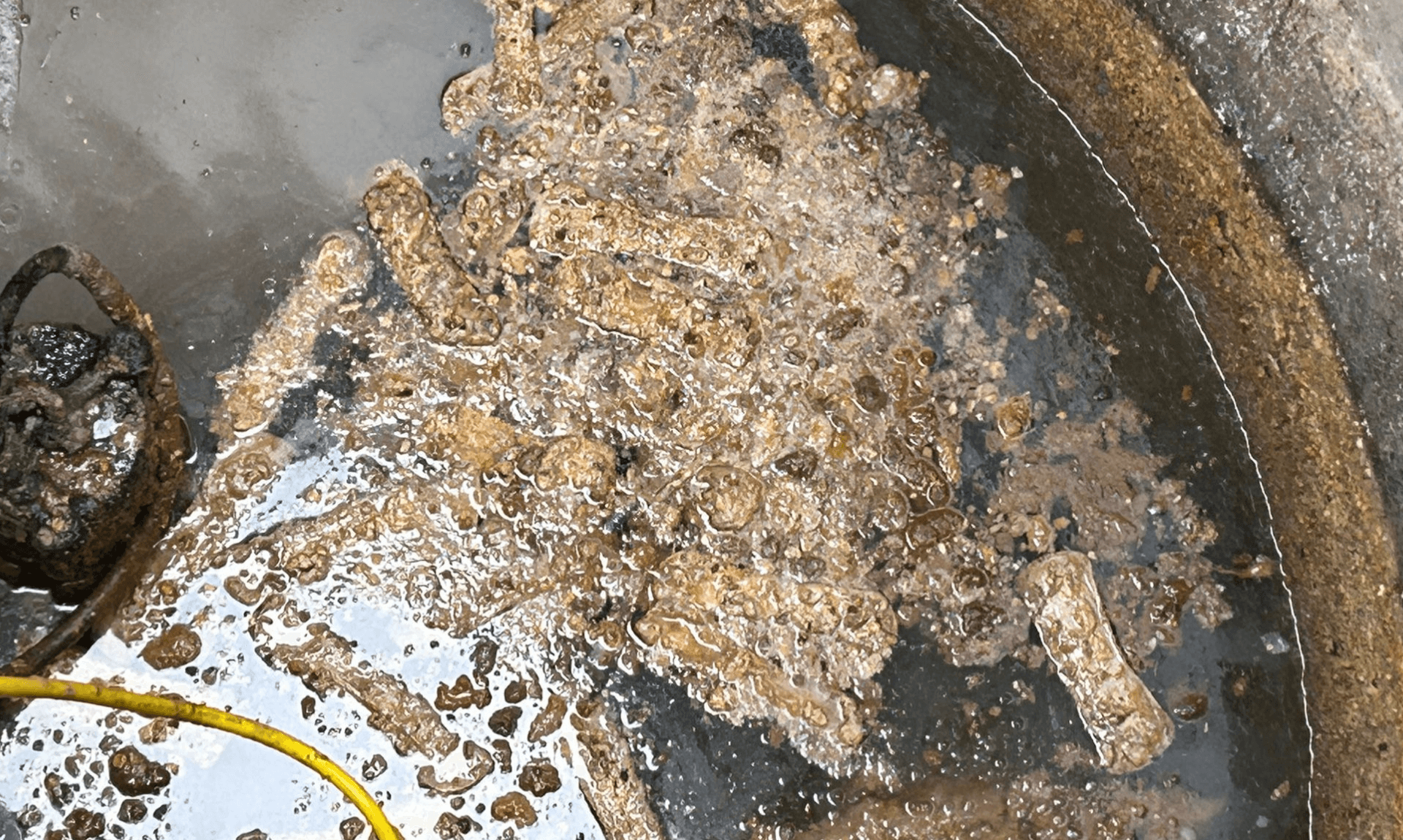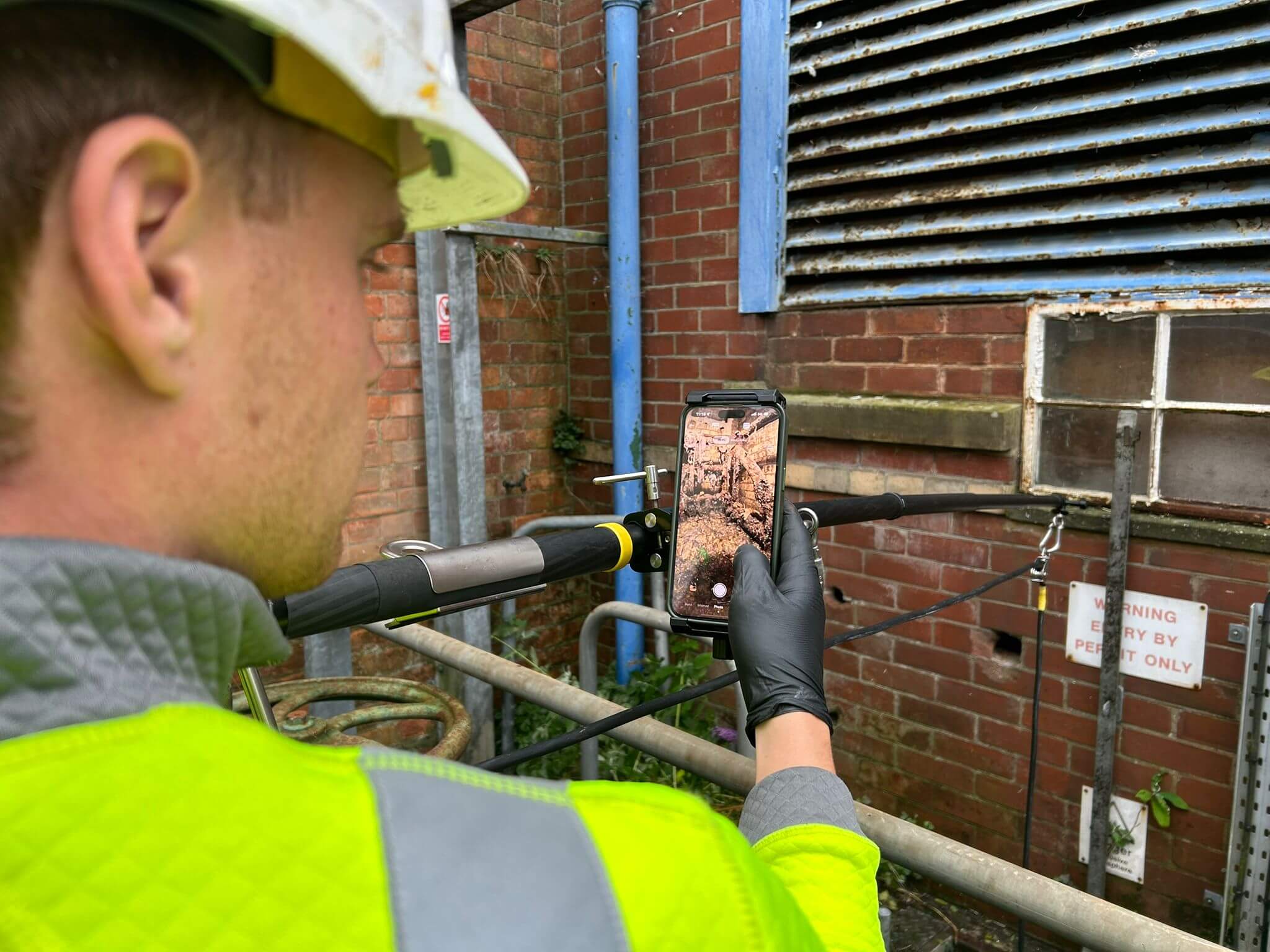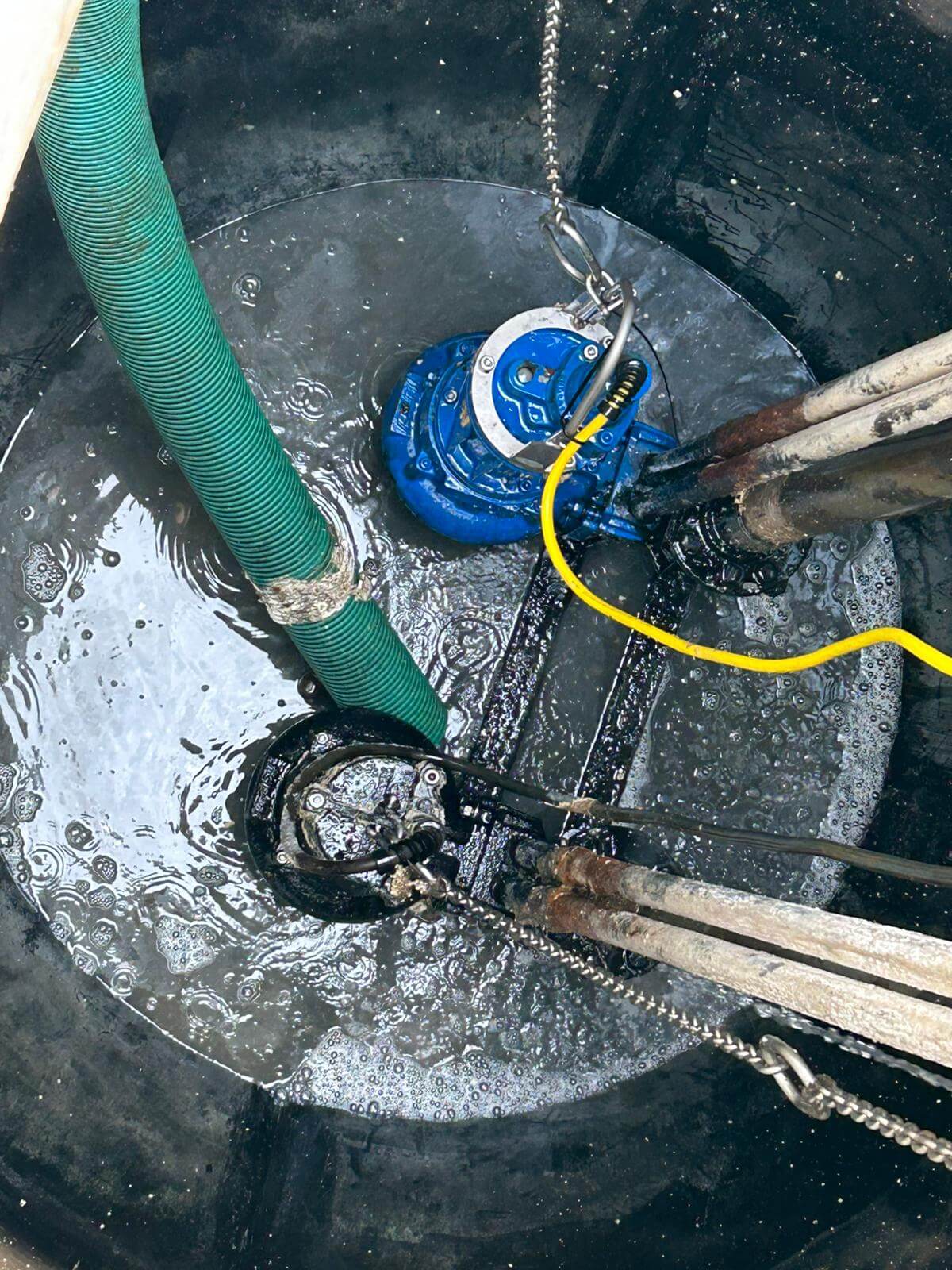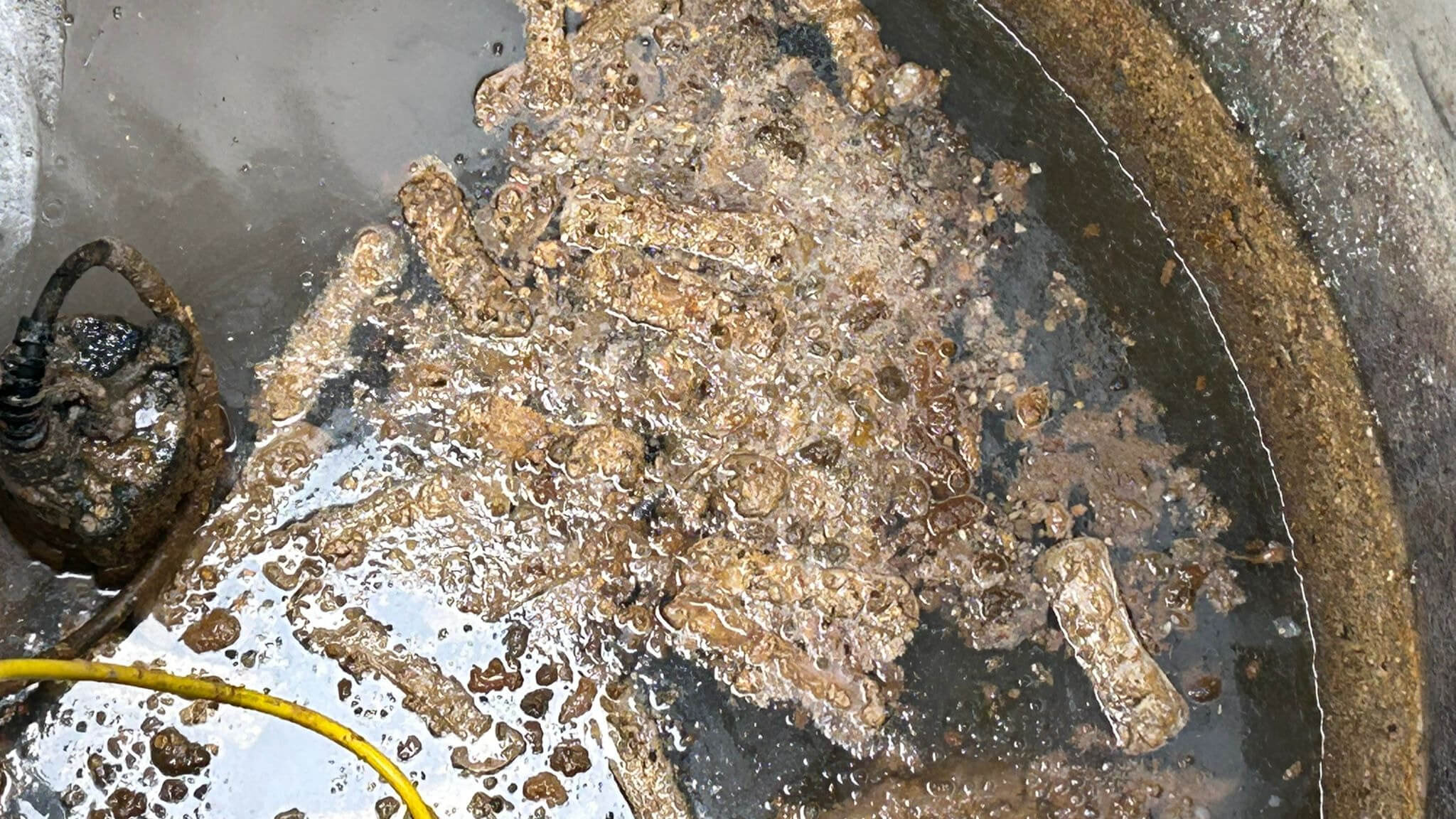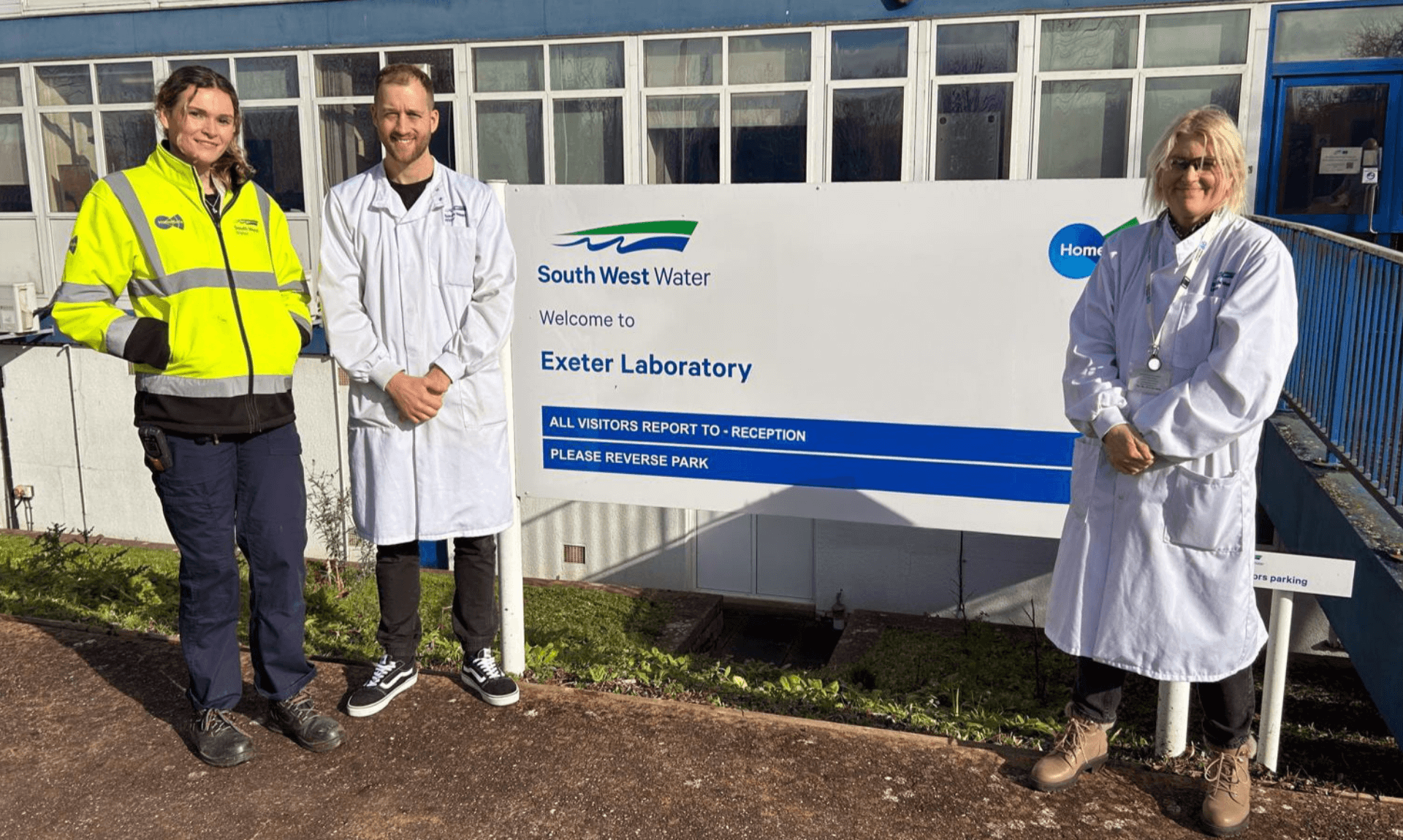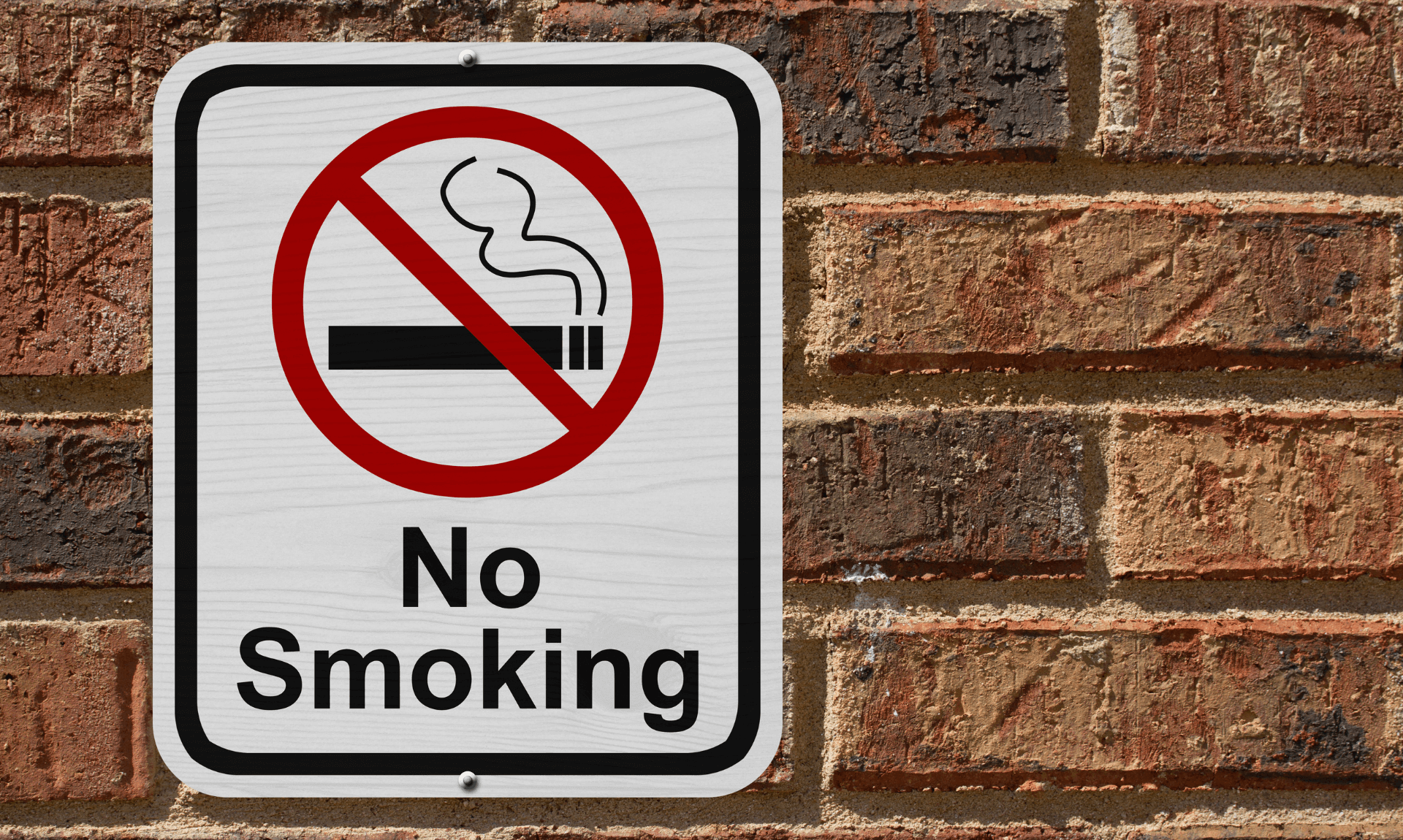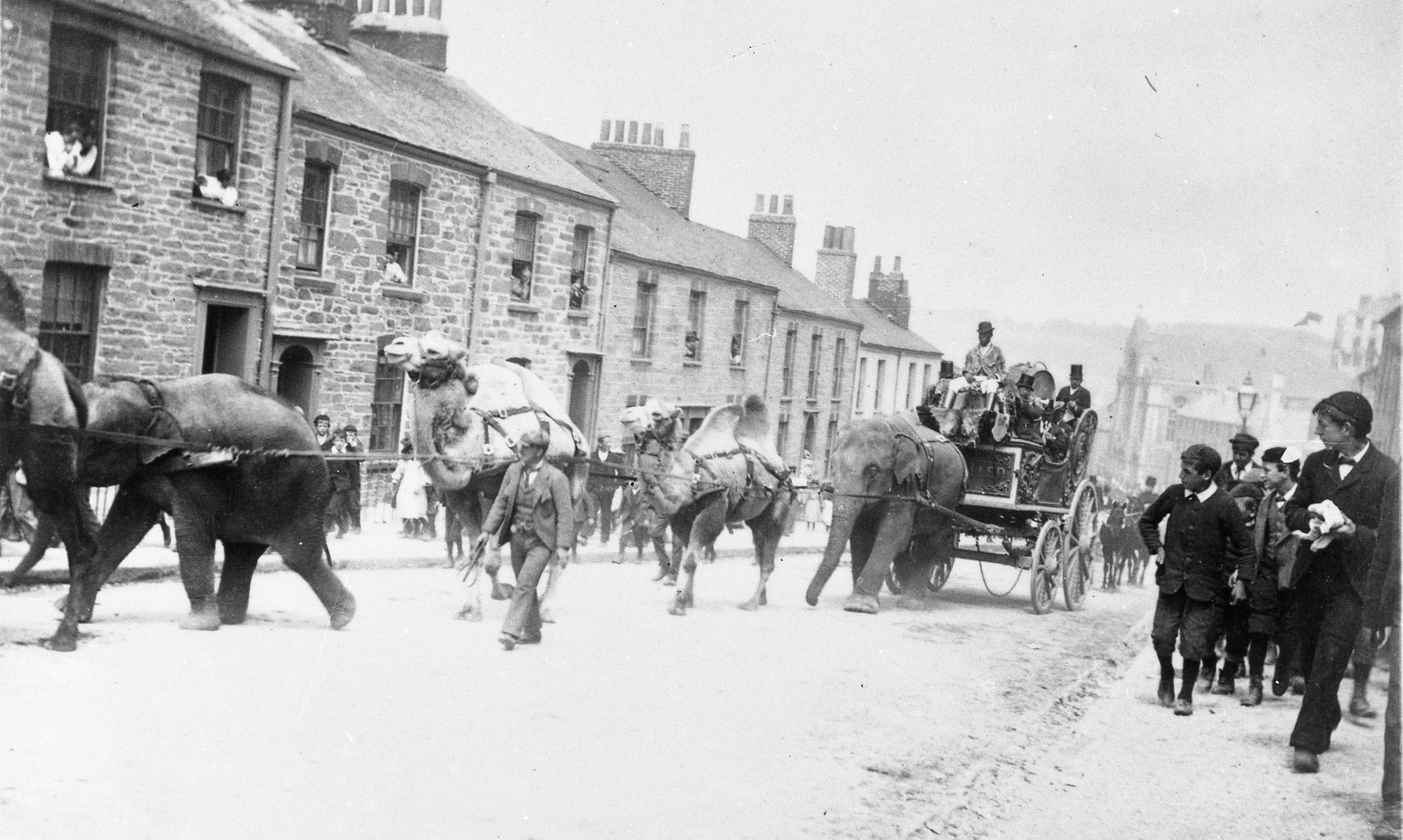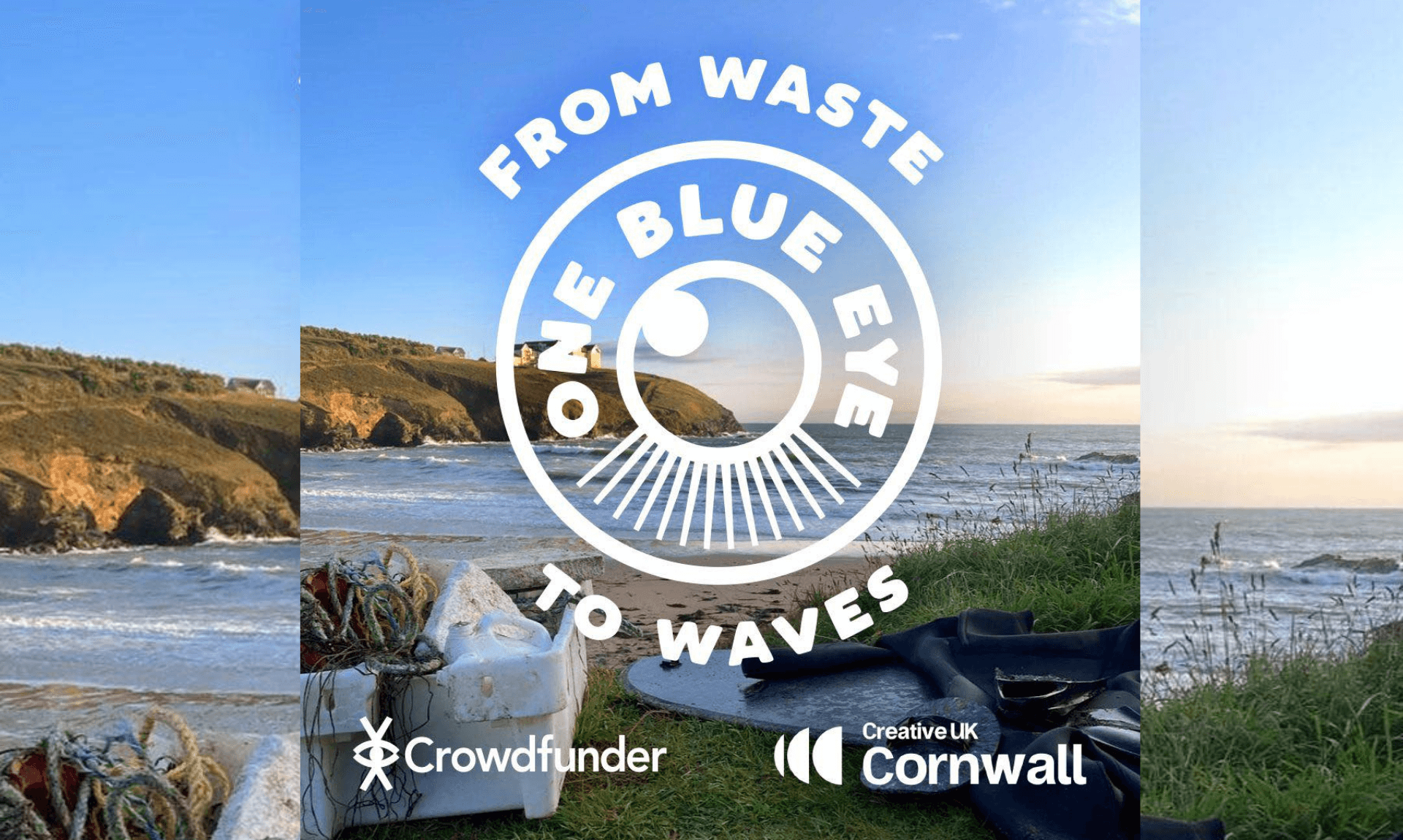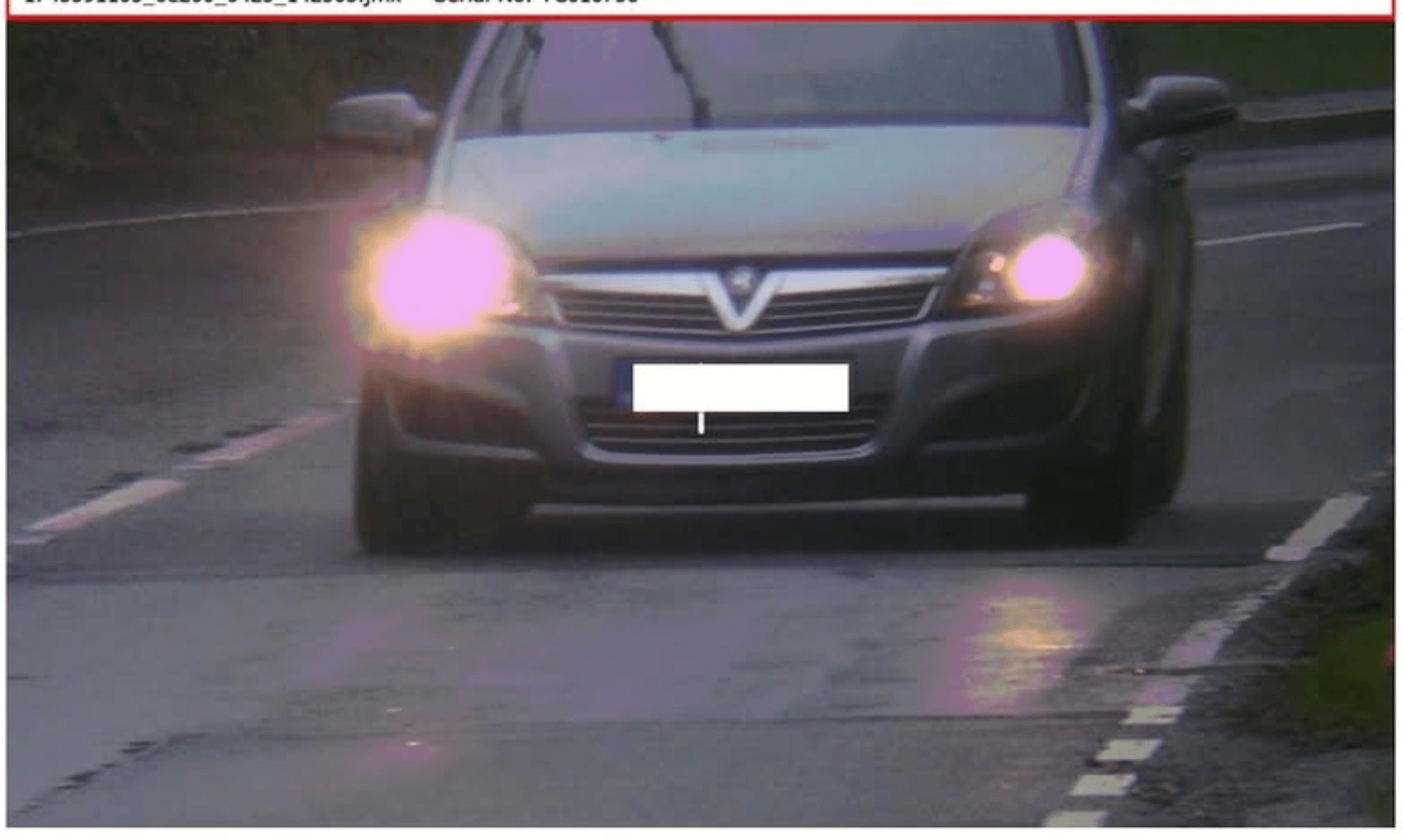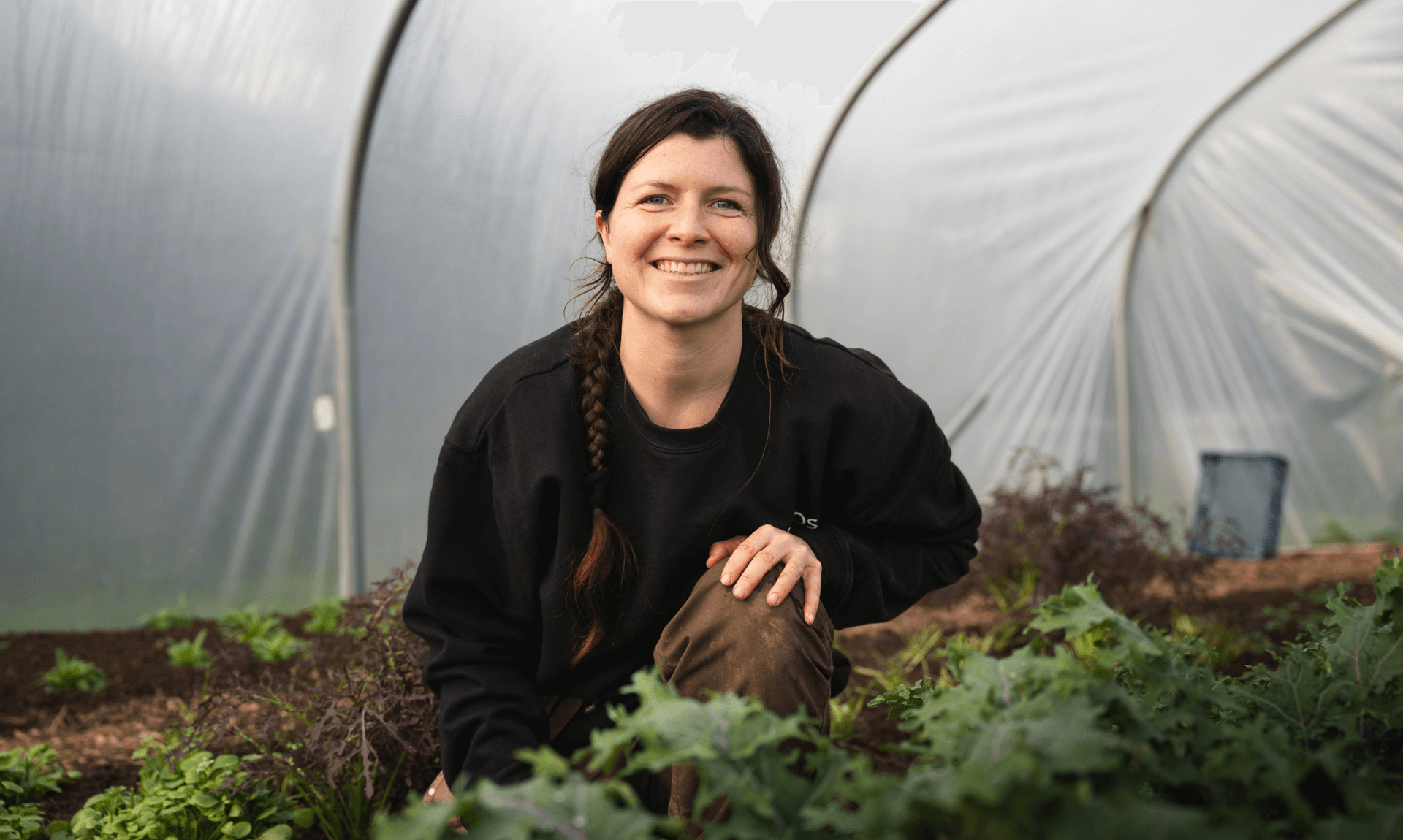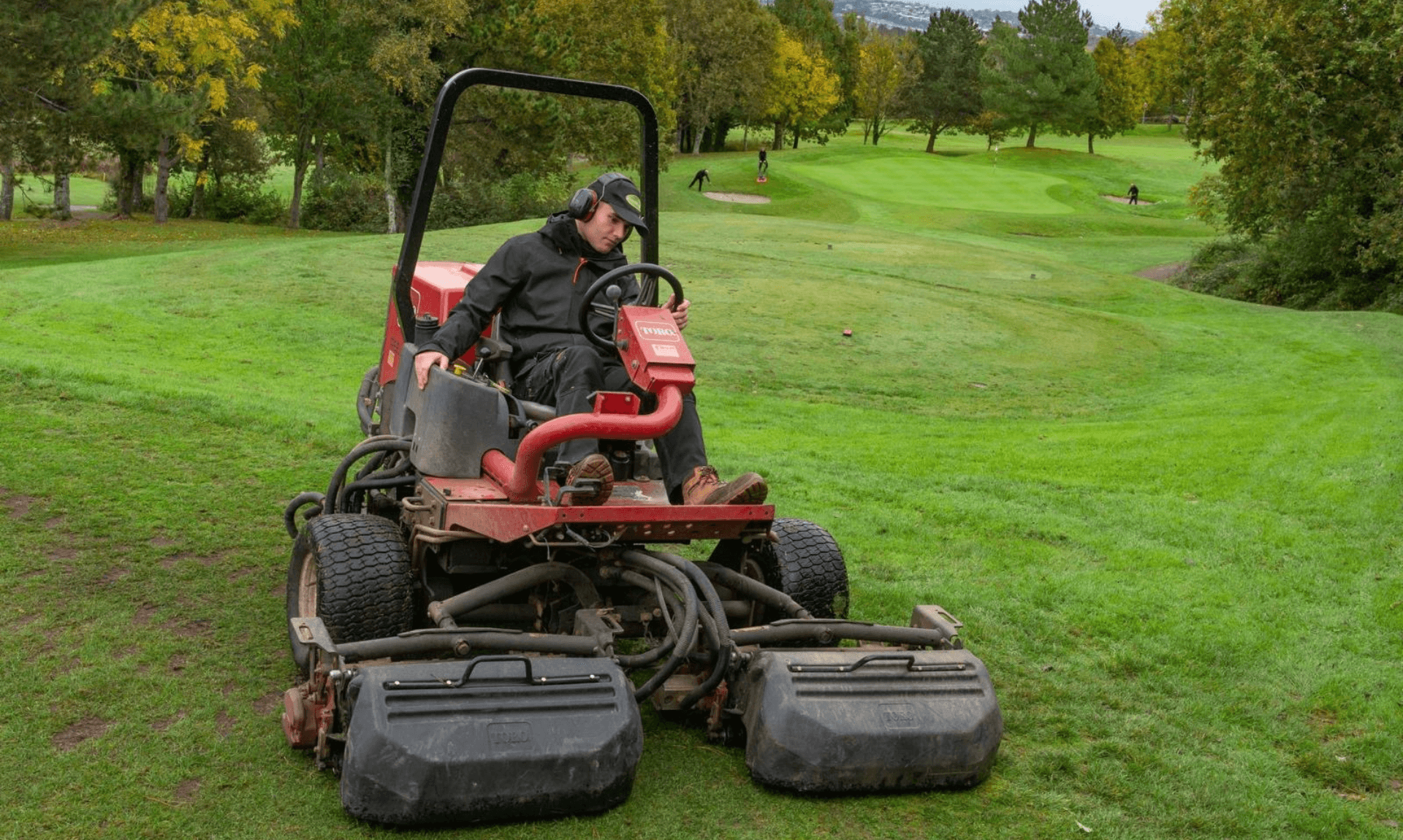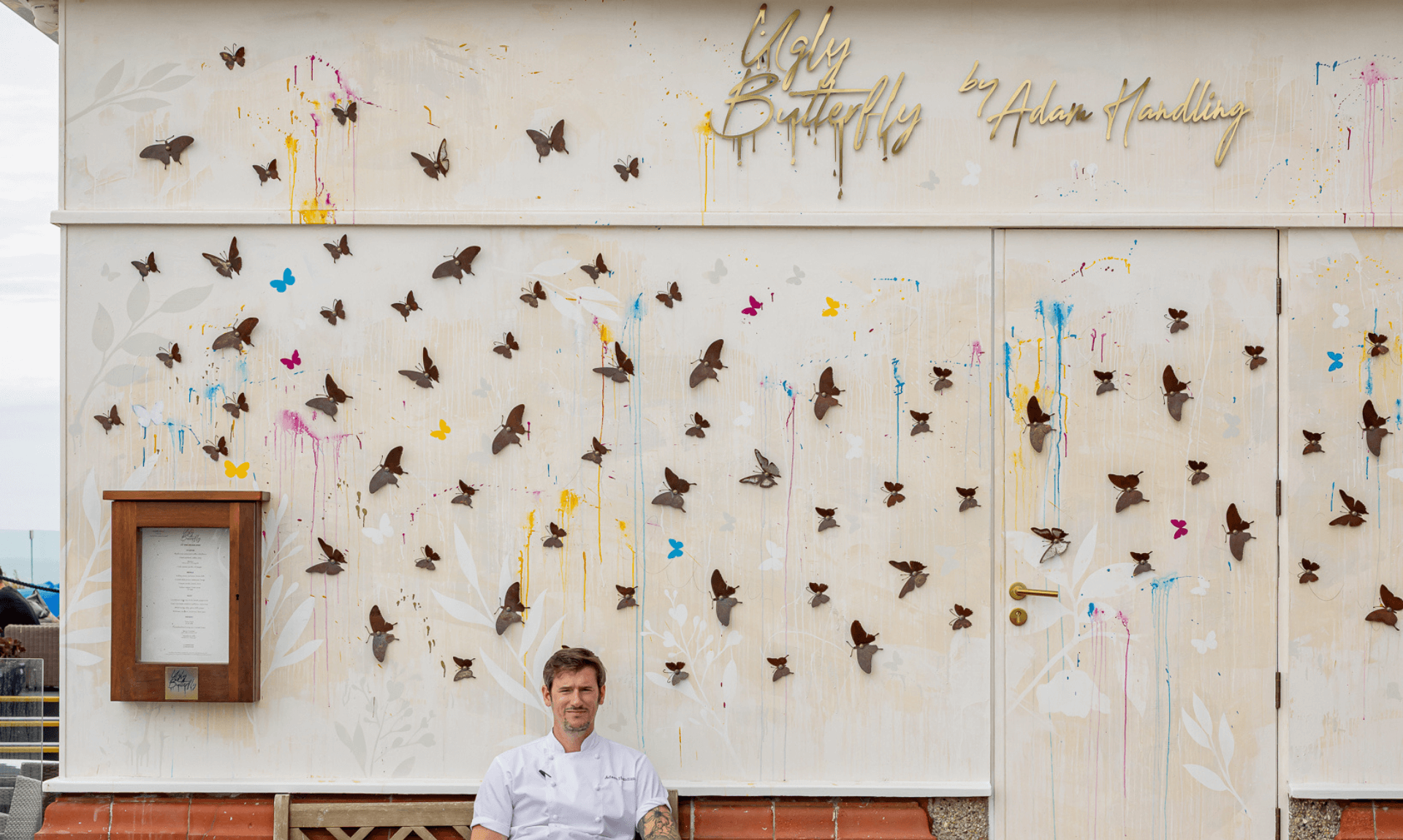Could Hidden Sewer Blockages Be Putting Communities at Risk?
South West Water is drawing attention to the daily work its wastewater teams carry out to keep the sewer network running, as blockages from fat, oil and grease continue to be a major problem.
Thousands of Avoidable Blockages
In 2024 to 2025, teams cleared more than 7,000 avoidable blockages and removed about 450 tonnes of waste from the network. According to South West Water, around three quarters of these blockages were caused by only two things: wet wipes and fats.
When fat, oil and grease mix with items like wet wipes, sanitary products and leftover food, they form stubborn blockages. These can lead to flooding, unpleasant smells and pollution in rivers and seas.
How Teams Are Tackling FOG
To stay ahead of the problem, South West Water runs a proactive programme of cleaning and inspections across its network. FOG buildup can cause pump failures, odour problems and costly maintenance, so regular checks are essential.
Wastewater teams visit hotspot locations such as tanks and pump stations where FOG often accumulates. Using specialist camera equipment, they check inside the sewers to identify areas needing attention. When cleaning is required, tankers with high pressure jet washers cut through the buildup inside tanks and sewers. The removed material is then taken to Wastewater Treatment Works for processing.
Focus on Exmouth
Exmouth has been a key area of work this year, with FOG remaining a recurring issue. Lime Kilns Pumping Station, Sheppard’s Row Wastewater Pumping Station and Imperial Road Pumping Station are among the sites that see regular cleaning and maintenance.
In the last 12 months, South West Water has dealt with 25 blockages across its Exmouth sites.
A Message to Households
Jenny Eamer, Operations Manager for Wastewater Services in Exmouth, said:
“FOG is one of the biggest preventable problems we face in our wastewater network. It causes blockages that can have serious consequences for local communities, from flooding to pollution, but it’s a problem that can be avoided with the right habits.
“Our teams work proactively every day to inspect and clean the network, stopping FOG before it becomes a major issue, and households play an equally important role in keeping our sewers flowing smoothly.
“That’s why we’re asking customers to ‘Bin It, Don’t Block It’ to help keep our sewers clear. Making small everyday changes like only flushing pee, poo and paper, putting wet wipes (even those labelled as flushable!) in the bin instead of down the loo and scraping food off your plates into the bin makes a big difference and helps to reduce blockages across our network.”
For more information about Bin It, Don’t Block It, visit the South West Water website: Bin It, Don’t Block It
Share This Story, Choose Your Platform!
To keep up with the latest cornish news follow us below
Follow CornishStuff on Facebook - Like our Facebook page to get the latest news in your feed and join in the discussions in the comments. Click here to give us a like!
Follow us on Twitter - For the latest breaking news in Cornwall and the latest stories, click here to follow CornishStuff on X.
Follow us on Instagram - We also put the latest news in our Instagram Stories. Click here to follow CornishStuff on Instagram.
You Might Also Be Interested In
Don’t Miss What’s Happening in Cornwall
Join others in Cornwall by receiving the latest daily news in Cornwall, sent direct to your inbox.

